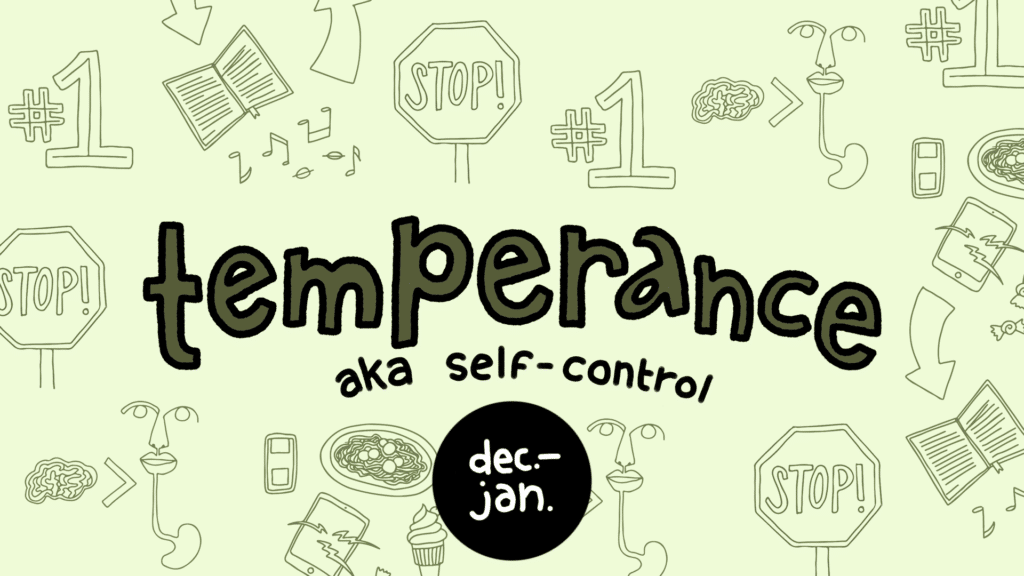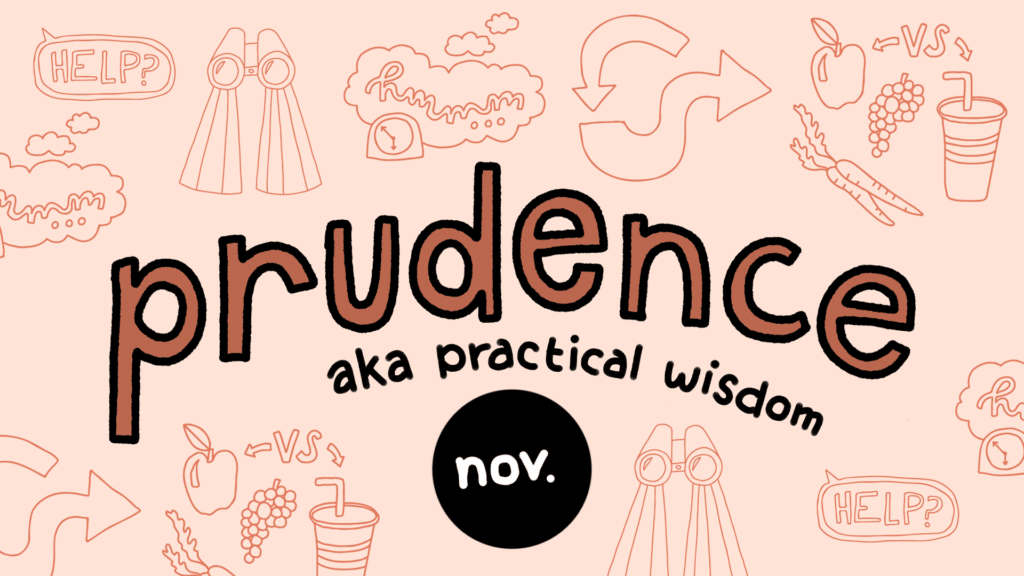
{source}
Today we want to let you know about a couple of websites that you may find useful for certain subjects and purposes.
Although we don’t measure student learning by standardized testing, and aren’t the kind of school where kids routinely memorize information just to pass a test, we do encourage the memorization of math facts, latin vocabulary, grammar definitions, and other fundamentals in any given subject. It’s part of the Grammar stage in the Trivium. Older students in the Logic and Rhetoric stages are also memorizing math terms, conversions, and formulas, vocabulary in Latin (or another foreign language), art, and science, as well as taking in and processing literature and history in order to participate in Socratic discussions with other students, and to express their understanding in both writing and speech.
Flashcards can be a great tool to help with memorization or to review for general understanding. We encourage the use of real, paper flashcards that you make yourself and can hold in your hands, but here's another option to consider occasionally – for those students who can read and use a computer, below we’ve shared two websites that offer online flashcards. While we don’t want to push more time in front of a screen, sometimes it’s nice to offer a little variety. For those students who have no or limited time with electronic gadgets during the week (if that’s your family policy), this could also be a way they can feel like they’re getting a little “screen time” while actually doing school. Of course, it up to you as a parent to decide if you want to use these services and how much time you want your child to be in front of the computer or a mobile device.
Here are two options we’ve discovered for online flashcards:
Quizlet.com – this site has been around for awhile and it’s easy to use. You don’t have to sign up for a free account to use their tools, but there are more options if you do. You can search for an existing set of information that others have already made (like “math fact doubles,” “First Language Lessons” or “Cambridge Latin 1 vocabulary”), or create you own cards. There are multiple ways to work with the information, such as flashcards and games. They also offer a mobile app.
Cardkiwi.com – this is a newer site that uses “spaced repetition” to increase knowledge retention. As you flip through the flashcards, you rate your understanding by clicking a thumbs up, thumbs down, or thumbs sideways. Card Kiwi will then show you the cards that you rated with a thumbs down or sideways more often than the cards you rated using a thumbs up. The idea is that eventually you’re using thumbs up on every card, and you’ve got it down. You do need to sign up for a free account to use their service, but it’s fast and easy to do. Although it doesn’t appear that you can search existing sets of cards to work with, you can collaborate and share sets of cards with friends.
So whether you’re helping your younger child memorize grammar definitions, have a middle schooler working on Latin vocab, or have a high school student who wants to study for the S.A.T., perhaps one of these services can come in handy at some point. Explore and let us know if you use them, and how they worked for you!
SLO Classical Academy is not affiliated with any of the above mentioned websites or businesses.











